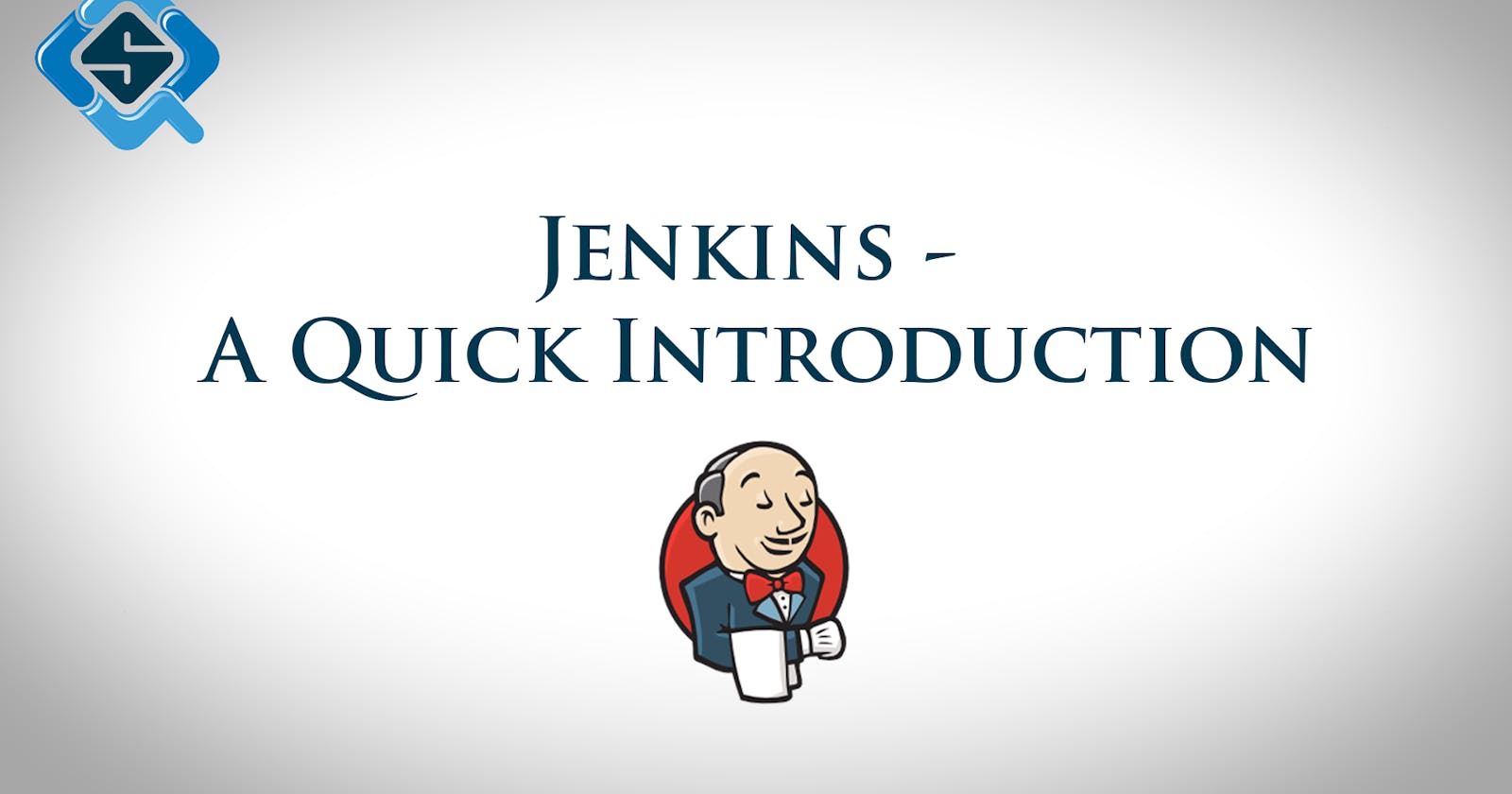Jenkins is an open-source automation server that is widely used for building, testing, and deploying software projects. It is one of the most popular and powerful tools in the field of Continuous Integration and Continuous Deployment (CI/CD) and offers a wide range of features to facilitate automation and improve the software development and delivery process. Here are the key features of Jenkins in detail :
Automation of Repetitive Tasks : Jenkins automates repetitive tasks such as building, testing, and deploying code, freeing up developers from manual, error-prone processes.
Integration with Version Control Systems : Jenkins can integrate with various version control systems like Git, Subversion, Mercurial, and more, allowing it to trigger builds automatically upon code changes.
Extensive Plugin Ecosystem : Jenkins has a rich ecosystem of plugins (over 1,500 at the time of my last update), which extend its functionality to integrate with various tools and technologies, making it highly customizable.
Distributed Build Support : Jenkins supports distributed builds, allowing you to set up a master-slave architecture where build tasks can be distributed across multiple machines to improve performance and scalability.
Pipeline as Code : Jenkins offers a feature called "Pipeline" that allows you to define your build and deployment pipelines as code (Jenkinsfile). This enables version control, sharing, and reuse of your build processes.
Wide Range of Build Environments : Jenkins supports a variety of build environments, including different operating systems and build tools, making it versatile for a wide range of projects.
Continuous Integration and Continuous Deployment (CI/CD) : Jenkins is a powerful tool for implementing CI/CD pipelines, ensuring that code changes are automatically built, tested, and deployed to various environments.
Customizable Dashboards : Jenkins provides a web-based user interface with customizable dashboards and widgets, allowing teams to monitor build and deployment statuses, trends, and test results.
Notification and Alerts : Jenkins can send notifications and alerts through email, chat services (Slack, Microsoft Teams), or other communication channels to keep the team informed about build and deployment outcomes.
Security and Access Control : Jenkins offers robust security features with role-based access control (RBAC) to control who can perform specific actions and access certain resources within the system.
Integration with Testing Frameworks : Jenkins integrates with various testing frameworks (JUnit, TestNG, Selenium, etc.) to automate testing as part of the CI/CD process.
Artifact Management : Jenkins can integrate with artifact repositories (e.g., Nexus, Artifactory) to manage and store build artifacts and dependencies.
Plugins for Cloud Services : Jenkins has plugins for cloud services such as AWS, Azure, and Google Cloud, enabling the provisioning of resources and deployment to cloud environments.
Community and Support : Jenkins has a large and active community of users and developers, providing support, documentation, and a wealth of resources.
Freemium and Open Source : Jenkins is open-source and free to use, making it accessible to organizations of all sizes. Commercial support options are also available.
